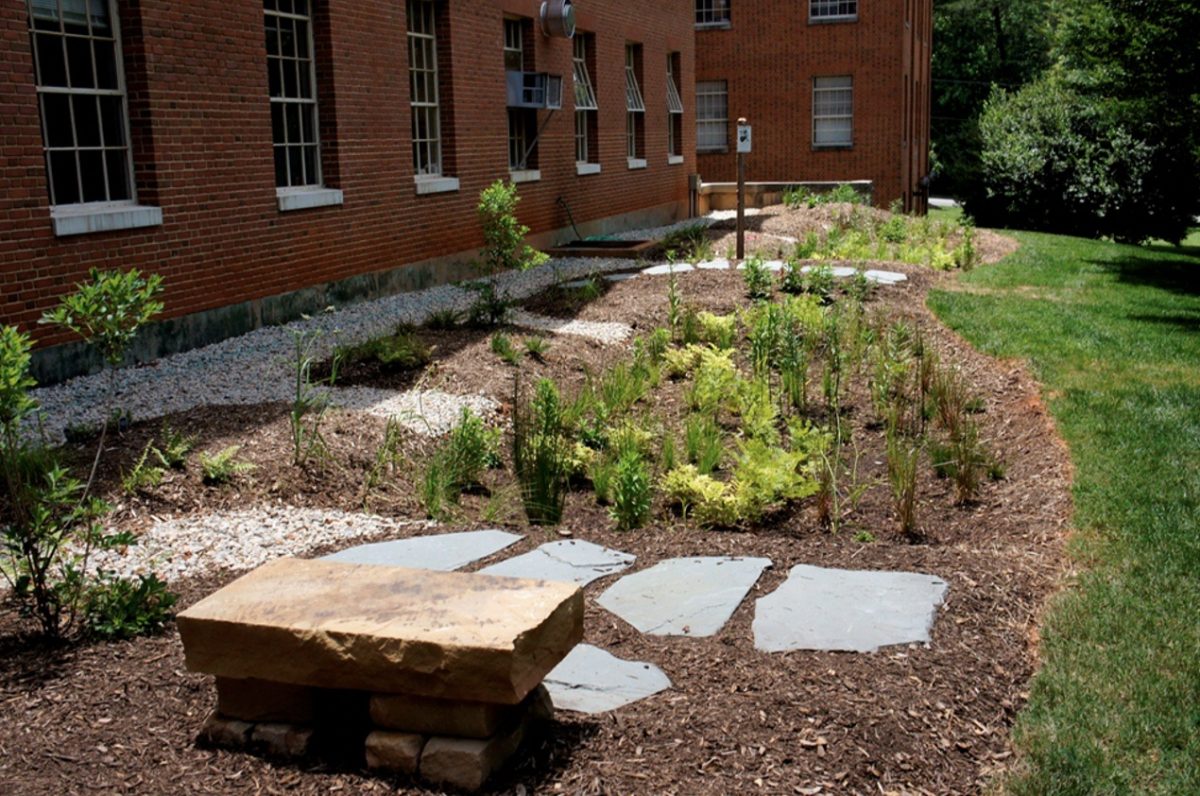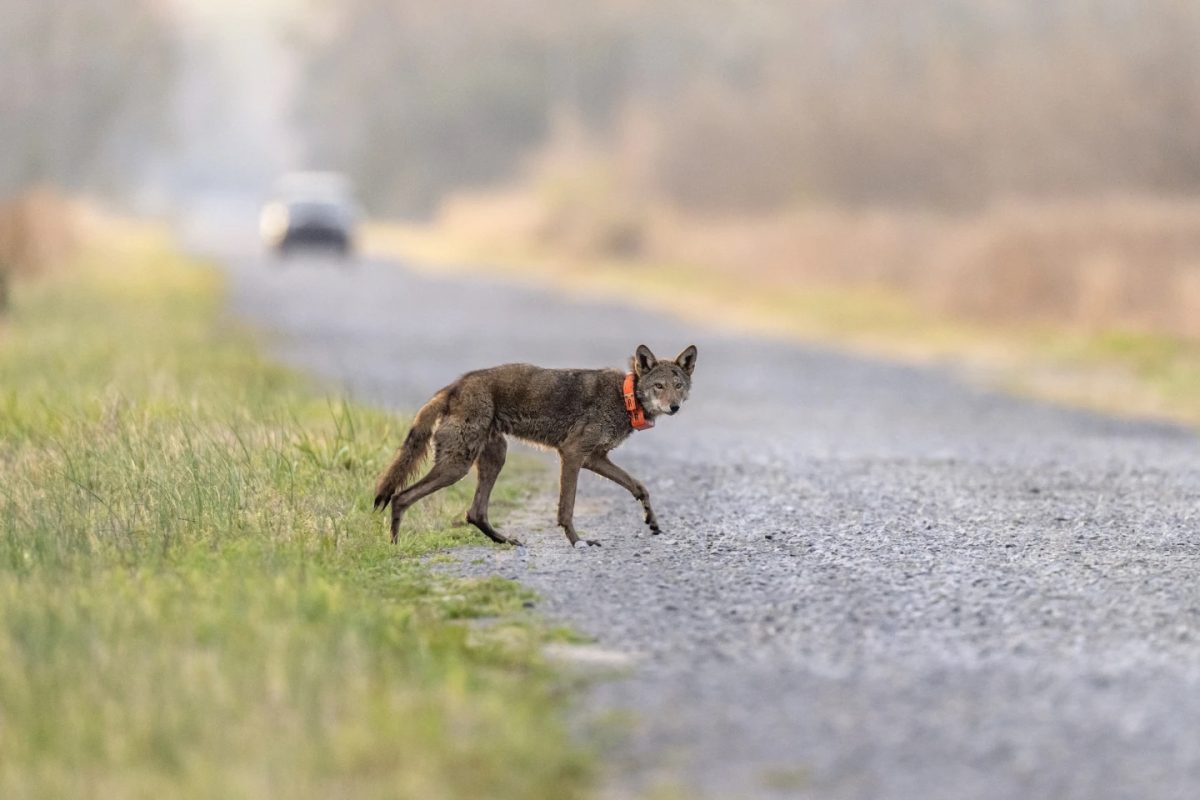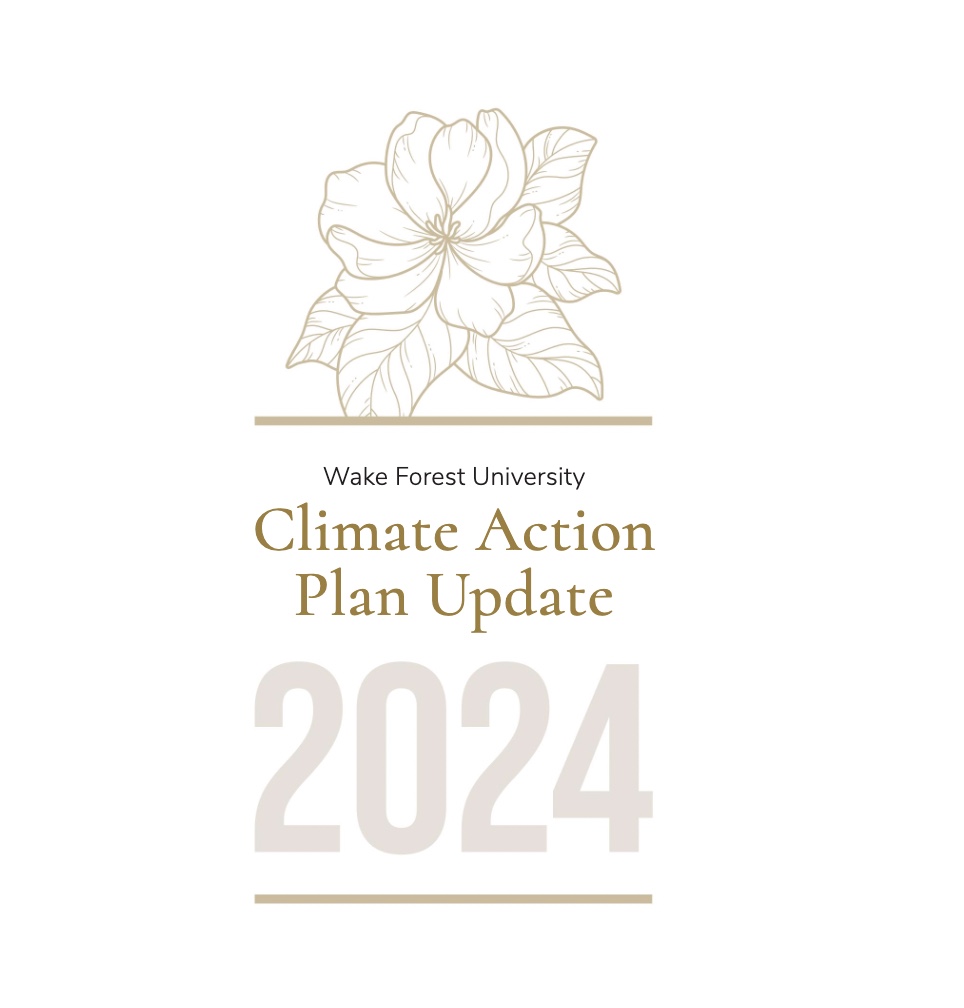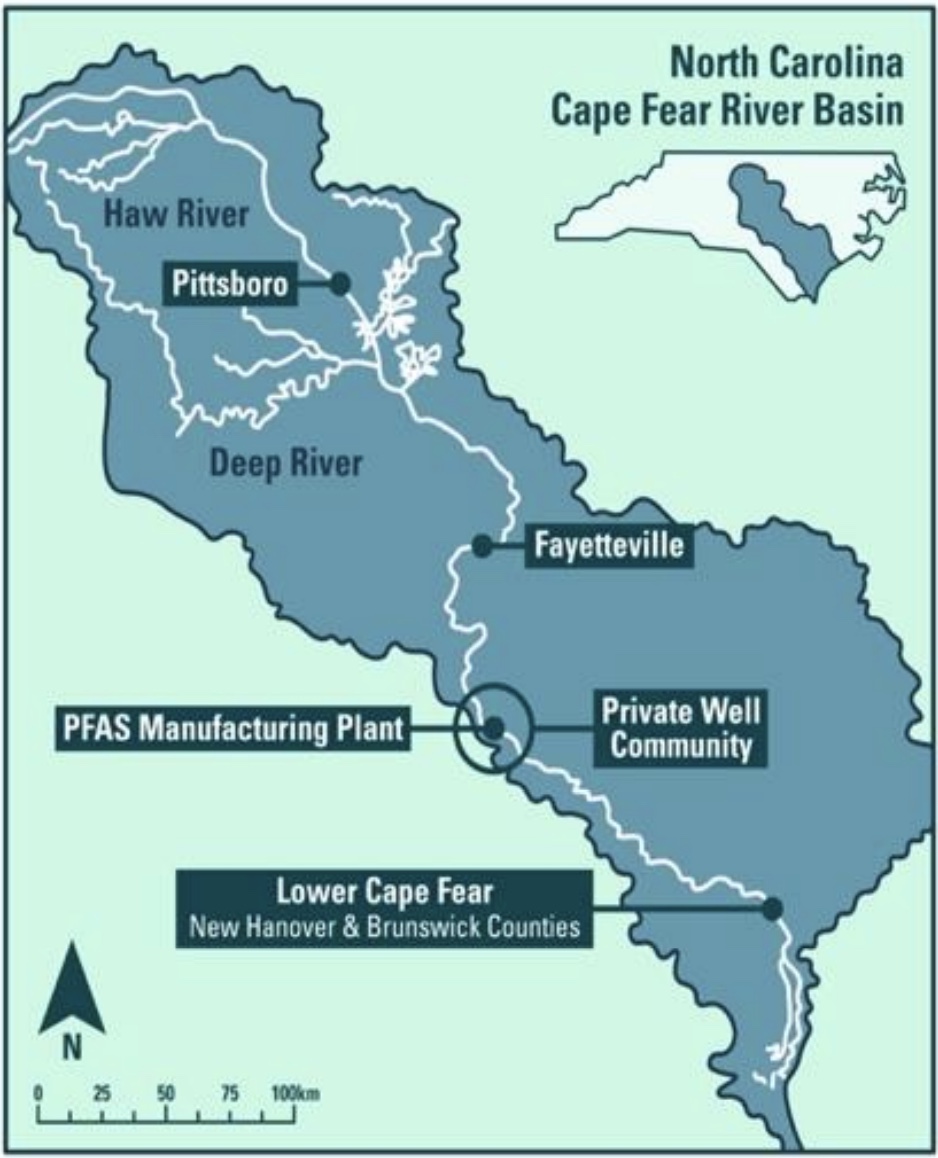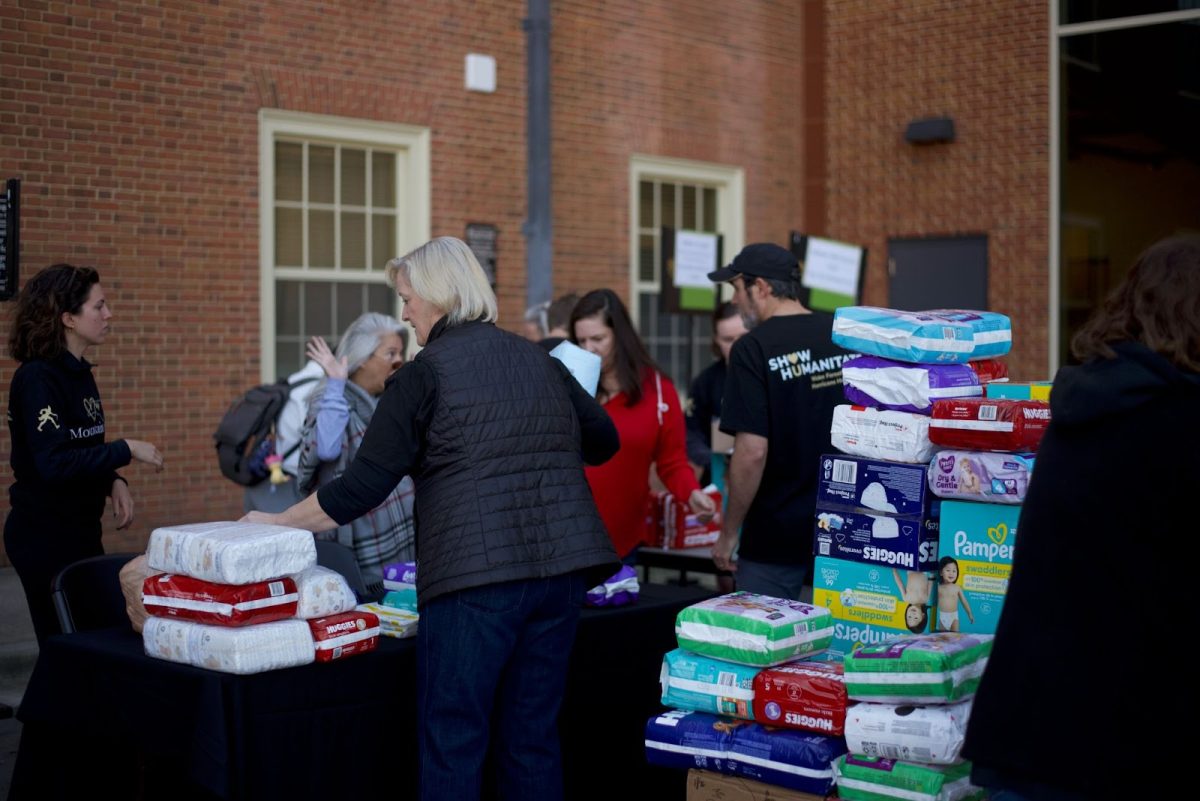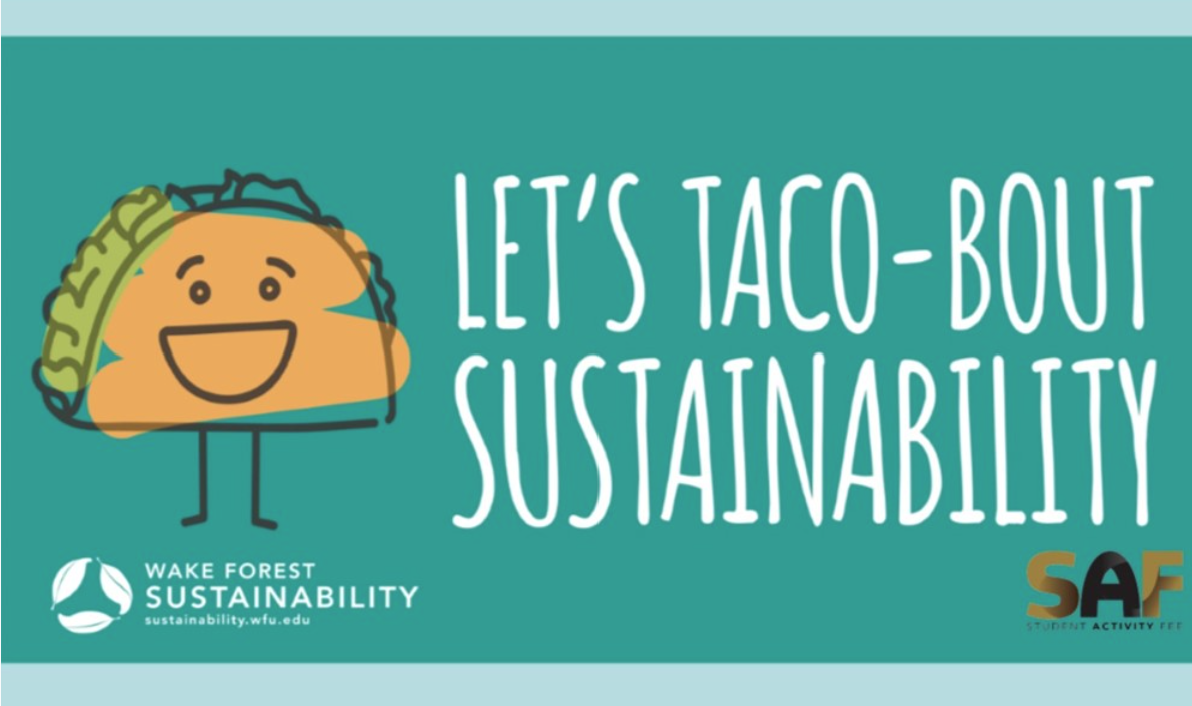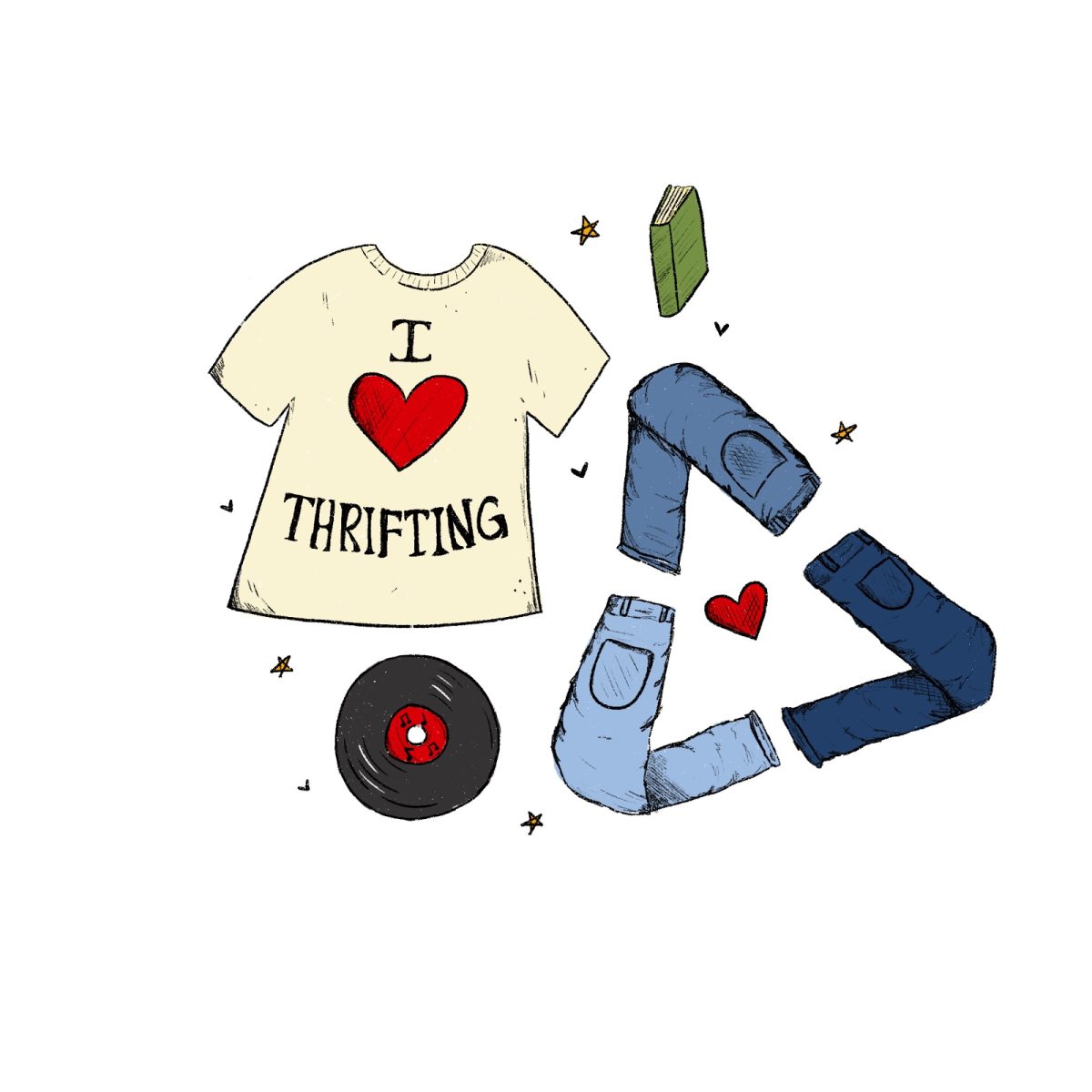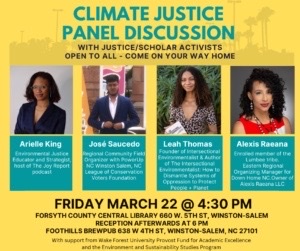I was introduced to Cobblestone Farmers Market last spring, and I have made an effort to go every Saturday that I’ve been in town since. Cobblestone is where I stock up on my oyster mushrooms, treat myself to a fresh bouquet and chat with friendly vendors and customers alike.
Cobblestone Farmers Market, located ten minutes from Wake Forest’s campus, is about more than just fresh empanadas and vegan muffins, though — it’s about supporting local agriculture and reflecting on where our food comes from.
Eric Rosenblum, a senior at Wake Forest, came to the market with me last Saturday.
“Most commerce I’ve ever engaged in has always been as transactional as can be … and I feel disconnected from the people and products they are selling to me,” Rosenblum said. “This is the first time in my life where I felt like I was a part of the process.”
According to Cobblestone’s website, Cobblestone strives to “increase equitable access to local, sustainably-grown food in Winston-Salem, N.C. and grow our regional food economy by creating and nurturing diverse, thriving marketplaces.”
The USDA defines ‘sustainable agriculture’ as agriculture that enhances the quality of the surrounding environment, sustains the local economy and enhances the quality of life for both the farmers and society.
According to the World Wildlife Fund, unsustainable agriculture greatly contributes to climate change and environmental degradation. Water consumption for agriculture uses a total of 69% of the available freshwater on Earth each year. On top of this, clearing land for large agricultural fields releases carbon into our atmosphere and disrupts wildlife.
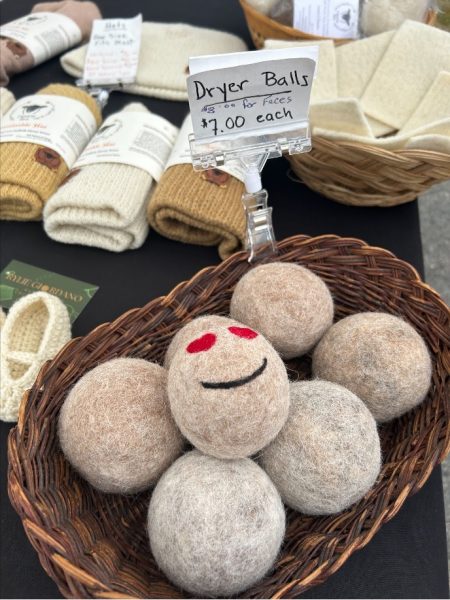
However, the World Wildlife Fund says that if more agriculture is done sustainably, our watersheds, water quality and soil will remain intact. This is why it is so important to support small farmers, rather than bigger ones whose practices tear apart our land.
“We’ve been with the market for 14 years; I love being here. I love the atmosphere, and I love the customers and introducing people to sustainable clothing,” said vendor Laura Frazier, the owner of Farm Girl Arts.
Frazier’s brother-in-law raises sheep, and Frazier turns their wool into her creations. By using natural dye and bamboo instead of nylon, her socks are a prime example of sustainable production and are a best seller at the market.
At the end of my shopping, I met Harvey Moser and his wife Susan Moser, the owners of Moser Manor Farm. They have been married since 1974 and have been growing produce in their backyard for 50 years together. During a phone interview later that week, Harvey Moser opened up to me about just how special it is to be able to call Cobblestone home.
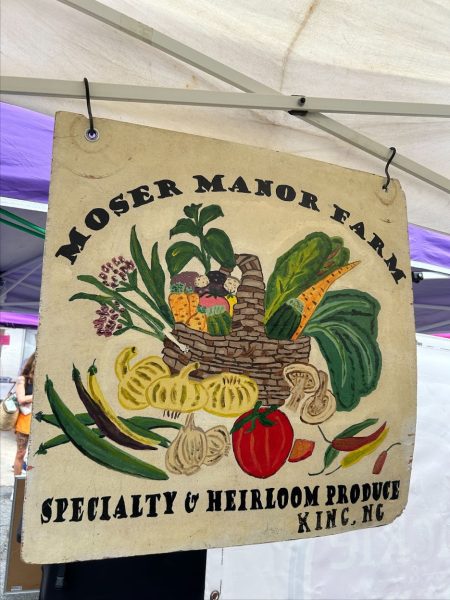
“Farming is something that you have to love to do. It’s a lifestyle,” Harvey Moser explained.
Before picking up the phone, the Mosers had been out in their backyard garden planting new seasonal crops: beets, radishes, cabbage and collard greens. Selling various vegetables at Cobblestone is their main source of income.
“One thing we like about farmers markets is that, if people see something they haven’t seen before, you can educate them on how to store and prepare it,” Harvey Moser said.
After purchasing black pearl mushrooms from Heritage Harvest Farms, Rosenblum went home and cooked them in an omelet.
“The best way to articulate how important farmers markets can be for society… is by sharing the conversation I had with one farmer: he told me that because of how well he had been doing at the farmers market, his family who has been renting land was just able to buy land for the first time. His smile when he told me this … was truly incredible,” Rosenblum recounted.
Cobblestone Farmers Market is open year-round, from 8:30 a.m. to 12 p.m. on Saturdays. The address is 1007 Marshall Street SW.


